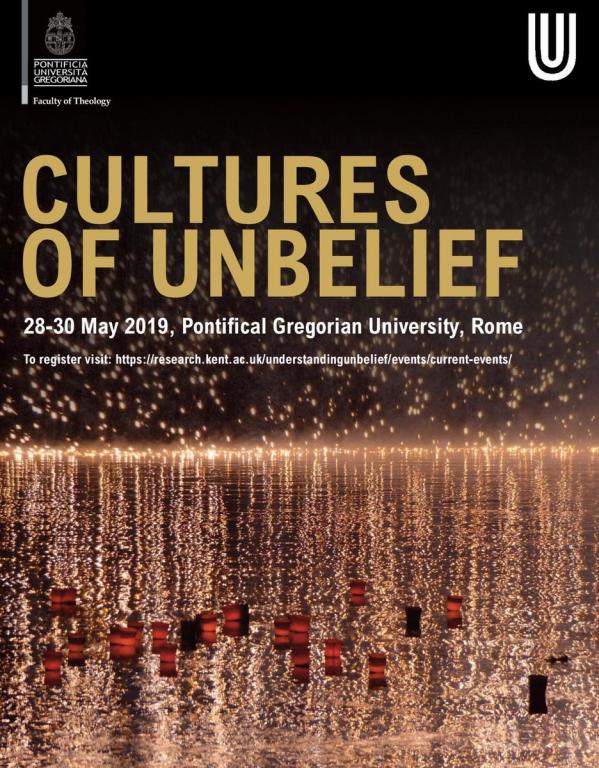By Tim Burns
Blogger at Answers from an Atheist
Before the 2016 election cycle, I was a registered Republican from my time growing up in a conservative Christian family. I changed my affiliation to Democrat after watching the Republican debates and seeing the overwhelming preference given to Christianity and Evangelical thought. I already have a pretty good basis not to be a Republican from the debates, but reviewing the official party platform is a good way to formalize why, as an atheist, I simply cannot be a Republican anymore, and why I believe it doesn’t make sense for other atheists either.
David Barton, a radical right-winger heavily involved in the writing of this platform, said of his involvement, “I’m there to make sure that I get as many biblical principles in as possible.” He said this about the current platform:
This year, the platform we just did, in my estimation is the most Biblically-friendly platform we’ve had in my lifetime, and I’ve got white hair, so that goes back for a while. So, what we did with Israel, what we did with marriage, what we did with conscience, what we did with faith, what we did with the expression of God, what we did with the Bible in schools, you name it, we’ve gone in a very clear direction.
The Republican Party has a strong disdain for the wall of separation between church and state, which is the only thing that makes the religious freedom formalized in the First Amendment possible. This may not be a big concern for Christians, because being the majority in America, if that wall is ever torn down, they are most likely the ones who will benefit from it, even though their individual denomination may not fare so well.
I doubt that anything I say here will convince a religious Republican to change their affiliation — though believers who are still bothered by attempts to weaken the separation of church and state will still find some troubling things. My intention is to focus on the more general problems of their excessively religious focus rather than just my personal disagreements with some of their political positions.
The first use of theistic language comes in the platform’s Preamble: “We affirm — as did the Declaration of Independence: that all are created equal, endowed by their Creator with inalienable rights of life, liberty, and the pursuit of happiness.” That one’s hard to take issue with because it is just quoting the Declaration. And besides, just invoking the general deism of a Creator God doesn’t seem like enough in itself for an atheist to be opposed to a political party. There needs to be more specificity than that.
A few paragraphs later, it mentions “our country’s God-given natural resources,” and that’s pretty much the same case. Granted, an argument could be made that the commonly-held Evangelical perspective that God gave us the earth to take dominion over it is a large part of why Republicans don’t seem interested in doing anything about climate change. But I’ll wait until they talk specifically about that issue to make any judgment there.
It almost looked like this platform would make it through at least the Preamble without any religious statements more overt than that, but they finally went for it right in the very final paragraph of that section:
Every time we sing, “God Bless America,” we are asking for help. We ask for divine help that our country can fulfill its promise. We earn that help by recommitting ourselves to the ideas and ideals that are the true greatness of America.
If you are an atheist, then you believe they are asking for help from an entity which does not exist. If that’s a serious component of their plan, to “earn that help” from a benefactor who does not actually exist, it seems to me that their plan is doomed to fail.
We all know the broad strokes. Now let’s look at the troubling details of this platform.















